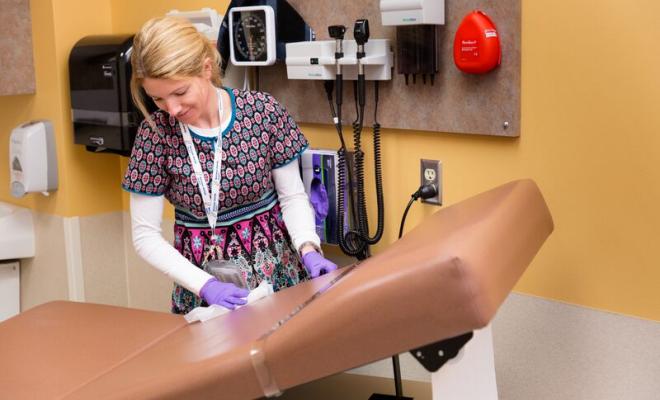Pseudomonas and CF
Pseudomonas infections are known as opportunistic. This means the
Pseudomonas are among the most common bacteria found in people with CF. Almost 25% of people with CF have Pseudomonas. The number of people with CF with the bacteria has been decreasing, however.
Once Pseudomonas is established in the
How It Spreads
Research has shown that people with CF can get Pseudomonas from others who are infected with these bacteria. The germs can spread by direct or indirect contact. Direct contact includes things like kissing. Indirect contact includes things like touching objects that have been touched by a person who has the germ, such as doorknobs or pens. This is called cross-infection. Cross-infection can happen in social settings like events or meetings.
For many people with CF, infection with Pseudomonas cannot be traced back to exposure to another infected person. In these cases, infection is believed to have occurred by exposure to Pseudomonas in the natural environment.
Reducing the Risk
At a CF care center, the care team works to prevent the spread of Pseudomonas between people with CF by taking infection prevention and control measures. These include:
- Frequent cleaning of hands
- Wearing gowns and gloves
- Helping people with CF keep a safe distance from each other when they visit the care center and when they are admitted to the hospital
CF Foundation-accredited care centers also follow strict procedures when cleaning care center rooms,
If you are worried about your risk of getting or spreading germs at your care center or in the hospital, remember that you are an important member of your CF care team. Talk to your team about their efforts to minimize the risk of cross-infection between people with CF.
Diagnosing Pseudomonas
After a doctor or nurse gets a throat or
Keep in mind that medical evidence shows that everyone living with CF could have germs that might spread to others with CF. Plus,
Download the Foundation's latest Patient Registry to see how many people have Pseudomonas.
